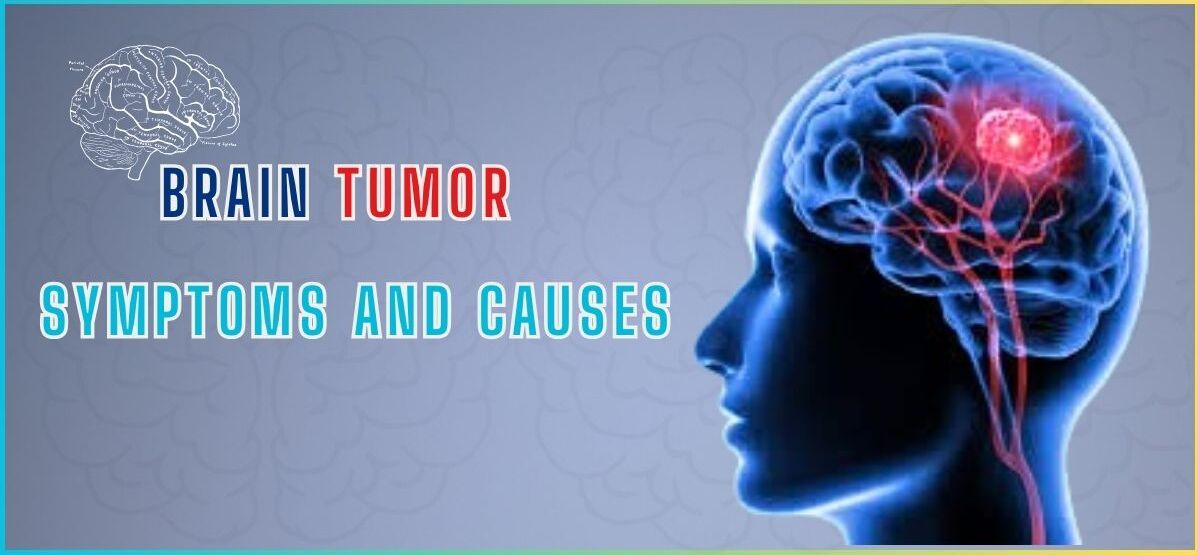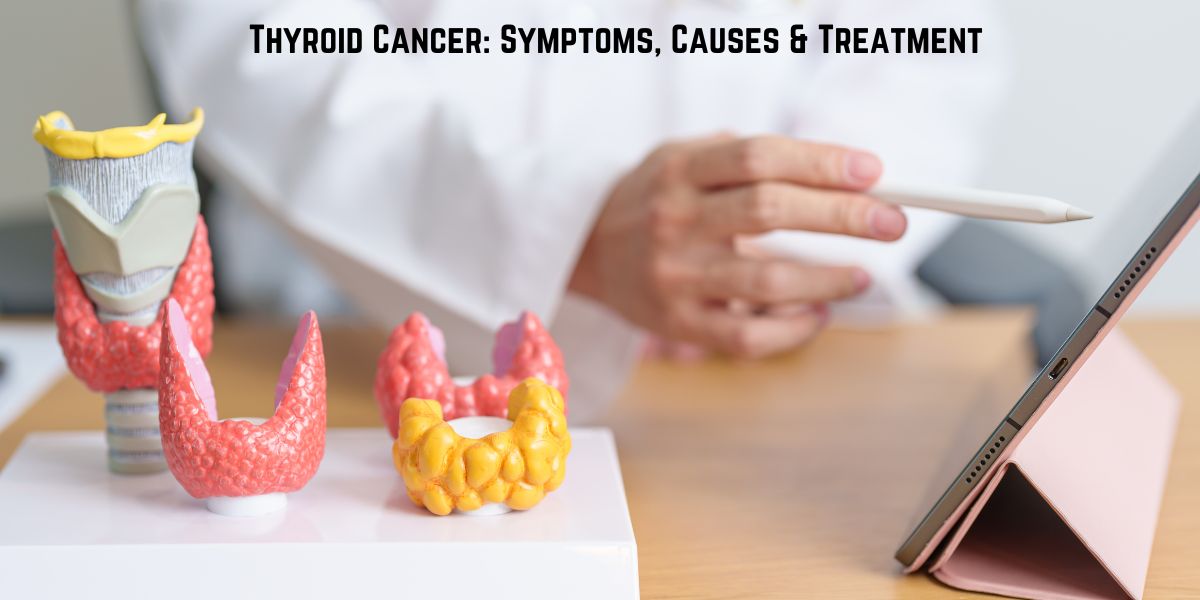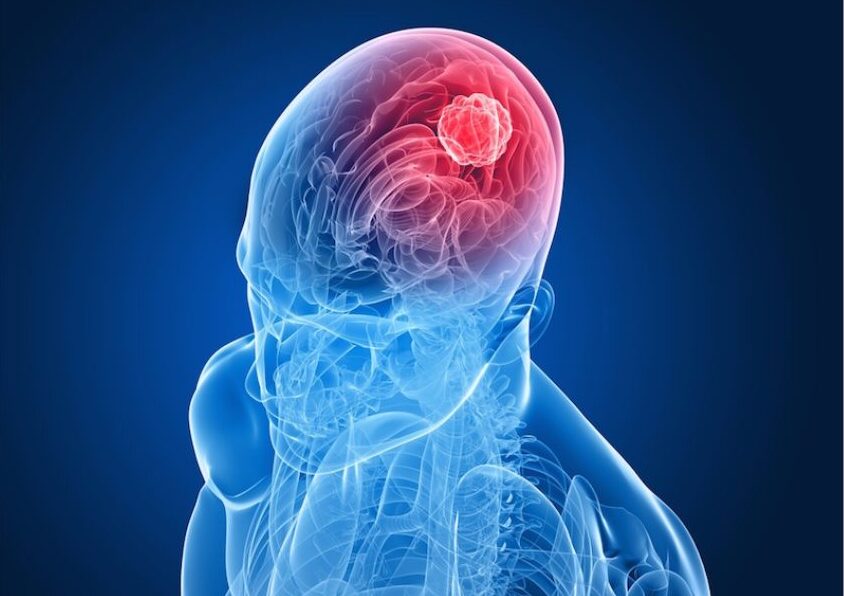BLOG
The Benefits and Risks of Hormonal Therapy in Cancer Treatment
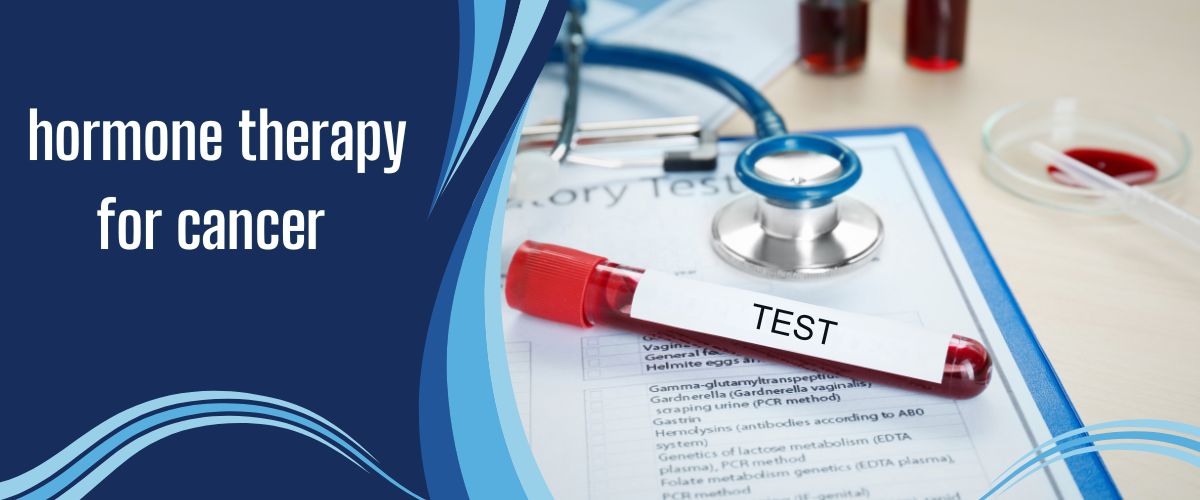
When you're diagnosed with cancer, the word "treatment" often brings to mind chemotherapy, radiation, or surgery. However, for certain types of cancer, hormone therapy plays a crucial role in treatment. Hormone therapy for cancer treatment is an approach that can be as vital as these more commonly known methods, and understanding it can empower you in your cancer journey.
What is Hormone Therapy?
Hormone therapy, also known as hormonal therapy or endocrine therapy, involves the use of medications to interfere with hormone production or action in the body. Hormones are chemicals produced by glands in your body that regulate various functions, including growth, metabolism, and mood. Some cancers, like breast and prostate cancers, are fueled by specific hormones. By blocking these hormones, hormone therapy can help slow or stop the growth of these cancers.
How Does Hormone Therapy Work?
To understand how hormone therapy works, it’s important to know that hormones act like messengers in the body. For example, estrogen and progesterone in women, and testosterone in men, are hormones that can promote the growth of certain cancer cells. Hormone therapy aims to block these hormones or reduce their production to halt the cancer's progression.
There are two primary ways hormone therapy works:
- Blocking Hormone Receptors: Some therapies involve drugs that bind to the hormone receptors on cancer cells. These drugs prevent the hormones from attaching to the receptors, thereby blocking the signal that tells the cancer cells to grow.
- Reducing Hormone Production: Other treatments focus on reducing the production of hormones by the body. For example, drugs like aromatase inhibitors reduce estrogen levels in postmenopausal women, while luteinizing hormone-releasing hormone (LHRH) agonists can lower testosterone levels in men.
Types of Cancers Treated with Hormone Therapy
Hormone therapy is most commonly associated with cancers that are hormone-sensitive. These include:
- Breast Cancer: Many breast cancers are hormone receptor-positive, meaning they grow in response to hormones like estrogen or progesterone. Hormone therapy for breast cancer may include drugs like tamoxifen or aromatase inhibitors. In some cases, the treatment might involve surgery to remove the ovaries, which produce estrogen in premenopausal women.
- Prostate Cancer: Prostate cancer is often driven by testosterone. Hormone therapy for prostate cancer might involve medications that lower testosterone levels or block its effects on the prostate gland. This approach is sometimes referred to as androgen deprivation therapy (ADT).
- Endometrial Cancer: This cancer affects the lining of the uterus and can be influenced by estrogen levels. Hormone therapy for endometrial cancer may involve progesterone therapy to counteract the effects of estrogen.
- Ovarian Cancer: In some cases, hormone therapy may be used for ovarian cancer, especially if the cancer is slow-growing and hormone receptor-positive.
The Journey of Hormone Therapy: What to Expect
If your doctor recommends hormone therapy as part of your cancer treatment, it’s natural to have questions and concerns. Here’s what you can generally expect during your hormone therapy journey:
- Consultation and Decision-Making: Your doctor will discuss the specific type of hormone therapy suitable for your cancer. This conversation will include the potential benefits, risks, and side effects. It's important to ask questions and share any concerns you have during this stage.
- Starting Treatment: Depending on the type of hormone therapy, you may receive pills, injections, or undergo surgery. Treatment duration can vary, lasting from several months to years. Your healthcare team will monitor your progress through regular check-ups and tests.
- Managing Side Effects: Like any cancer treatment, hormone therapy can have side effects. Common side effects include hot flashes, mood changes, fatigue, and sexual dysfunction. For women, estrogen-lowering therapies may lead to bone thinning, while men on testosterone-lowering therapies might experience muscle loss or weight gain. It’s essential to communicate with your healthcare provider about any side effects you experience, as they can often be managed with additional treatments or lifestyle adjustments.
- Ongoing Monitoring: Regular monitoring is crucial during hormone therapy. Your doctor will track the effectiveness of the treatment and adjust it as needed. This may involve blood tests to measure hormone levels, imaging tests to assess tumor size, or other assessments to monitor overall health.
- Living with Hormone Therapy: Hormone therapy is often a long-term commitment. It's essential to stay informed about your treatment, maintain a healthy lifestyle, and seek support when needed. Many patients find it helpful to join support groups or connect with others who are going through similar experiences.
Benefits and Risks of Hormone Therapy
Understanding the benefits and risks of hormone therapy can help you make informed decisions about your treatment.
Benefits:
- Targeted Treatment: Hormone therapy specifically targets hormone-driven cancer cells, making it an effective treatment option for certain cancers.
- Slows Cancer Progression: By blocking or reducing hormones, hormone therapy can slow or even stop the growth of cancer.
- Potential for Less Aggressive Treatment: In some cases, hormone therapy can reduce the need for more aggressive treatments like chemotherapy or extensive surgery.
Risks:
- Side Effects: The side effects of hormone therapy can impact your quality of life. It’s important to weigh these against the potential benefits.
- Not a Cure: Hormone therapy can control cancer but is not typically curative. It may need to be combined with other treatments like surgery, radiation, or chemotherapy.
- Resistance: Over time, some cancers may become resistant to hormone therapy, necessitating a change in treatment strategy.
Conclusion: Empowering Yourself with Knowledge
Hormone therapy for cancer treatment is a powerful tool in the fight against hormone-sensitive cancers. By understanding how it works, the types of cancers it treats, and what to expect during treatment, you can take an active role in your cancer care. While the journey may be challenging, staying informed, asking questions, and working closely with your healthcare team can help you navigate this path with confidence. Remember, you are not alone—support is available, and every step you take is a step towards your health and well-being.
Q1. What types of cancer are treated with hormone therapy?
Hormone therapy is primarily used for cancers that are hormone-sensitive. This includes:
- Breast Cancer: Many cases are driven by estrogen or progesterone.
- Prostate Cancer: This cancer is often influenced by testosterone.
- Endometrial Cancer: Estrogen can play a role in this type of uterine cancer.
- Ovarian Cancer: In some cases, hormone therapy can be used if the cancer is hormone receptor-positive.
Q2. How does hormone therapy work?
Hormone therapy works by interfering with hormone production or action in the body. It can:
- Block Hormone Receptors: Medications can prevent hormones from attaching to their receptors on cancer cells, inhibiting their growth.
- Reduce Hormone Production: Some drugs lower the levels of hormones produced by the body, such as estrogen or testosterone, which can slow the growth of hormone-sensitive cancers.
Q3. What are the common side effects of hormone therapy?
Common side effects vary depending on the type of hormone therapy but may include:
- Hot Flashes: A common issue for both women and men.
- Mood Changes: Some people experience depression or anxiety.
- Fatigue: Feeling unusually tired is a frequent side effect.
- Sexual Dysfunction: This can include changes in libido or erectile issues.
- Bone Density Loss: Especially relevant for women undergoing estrogen-lowering therapy.
Q4. How long will I need to be on hormone therapy?
The duration of hormone therapy depends on the type of cancer and the specific treatment plan. It may last from several months to several years. Your healthcare team will monitor your response to the therapy and adjust the duration based on how well the treatment is working and your overall health.
Q5. Can hormone therapy cure cancer?
Hormone therapy is generally used to control and manage hormone-sensitive cancers rather than cure them. It can slow the growth of cancer, reduce the risk of recurrence, and improve quality of life. However, it is often used in conjunction with other treatments like surgery, radiation, or chemotherapy, depending on the stage and type of cancer.
related products
-
 Bdparib 300mg Tablet
Bdparib 300mg Tablet
₹54,000.00Original price was: ₹54,000.00.₹34,000.00Current price is: ₹34,000.00. -
 Alkacel 2mg Tablet
Alkacel 2mg Tablet
₹3,205.75Original price was: ₹3,205.75.₹3,045.46Current price is: ₹3,045.46. -
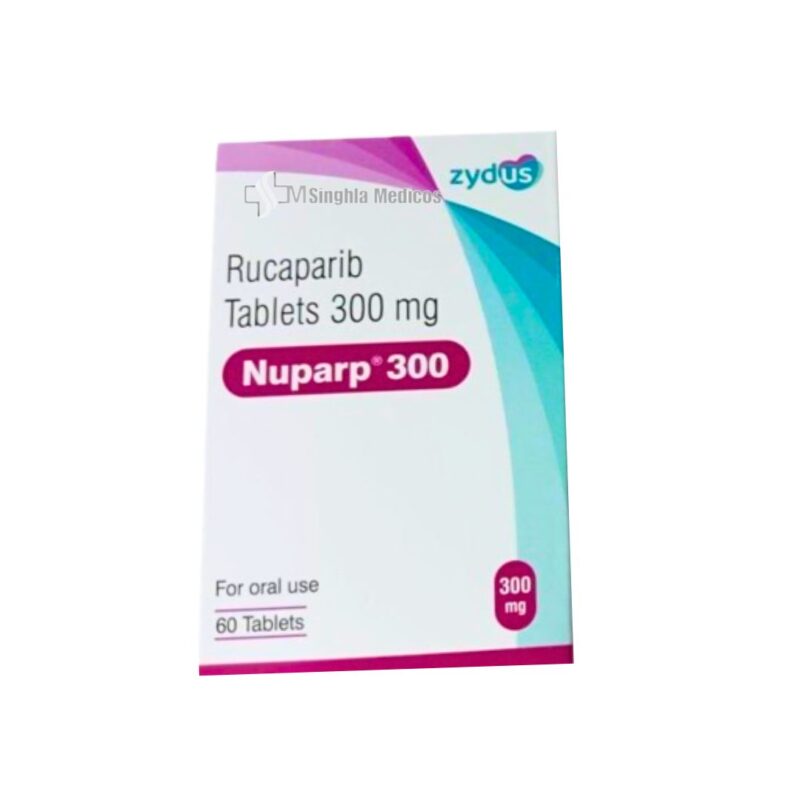 Nuparp 300mg Tablet
Nuparp 300mg Tablet
₹49,800.00Original price was: ₹49,800.00.₹29,000.00Current price is: ₹29,000.00.
Top 10 Health Tips For Women
-
Posted by
admin
- 0 comments
The Role of Diet in Cancer Treatment and Recovery
-
Posted by
admin
- 0 comments
Top 5 Cancer Hospitals in Odisha
-
Posted by
admin
- 0 comments
ब्रेन ट्यूमर: कारण, लक्षण, उपचार और बचाव के तरीके
-
Posted by
admin
- 0 comments
Chemotherapy Drugs for Stomach Cancer
-
Posted by
admin
- 0 comments
Thyroid Cancer Symptoms, Causes & Treatment
-
Posted by
admin
- 0 comments
Exploring the Link Between Environmental Factors and Cancer Risk
-
Posted by
admin
- 0 comments
Understanding Chemotherapy Cost in India: Key Insights
-
Posted by
admin
- 0 comments
Stay Away From These 10 Cancer-Causing Foods
-
Posted by
admin
- 0 comments
Advances in Surgical Techniques for Cancer Treatment
-
Posted by
admin
- 0 comments
Brain Cancer: Causes, Symptoms & Treatment
-
Posted by
admin
- 0 comments
Top 10 Anticancer Drugs In India For Prevalent Cancers
-
Posted by
admin
- 0 comments





